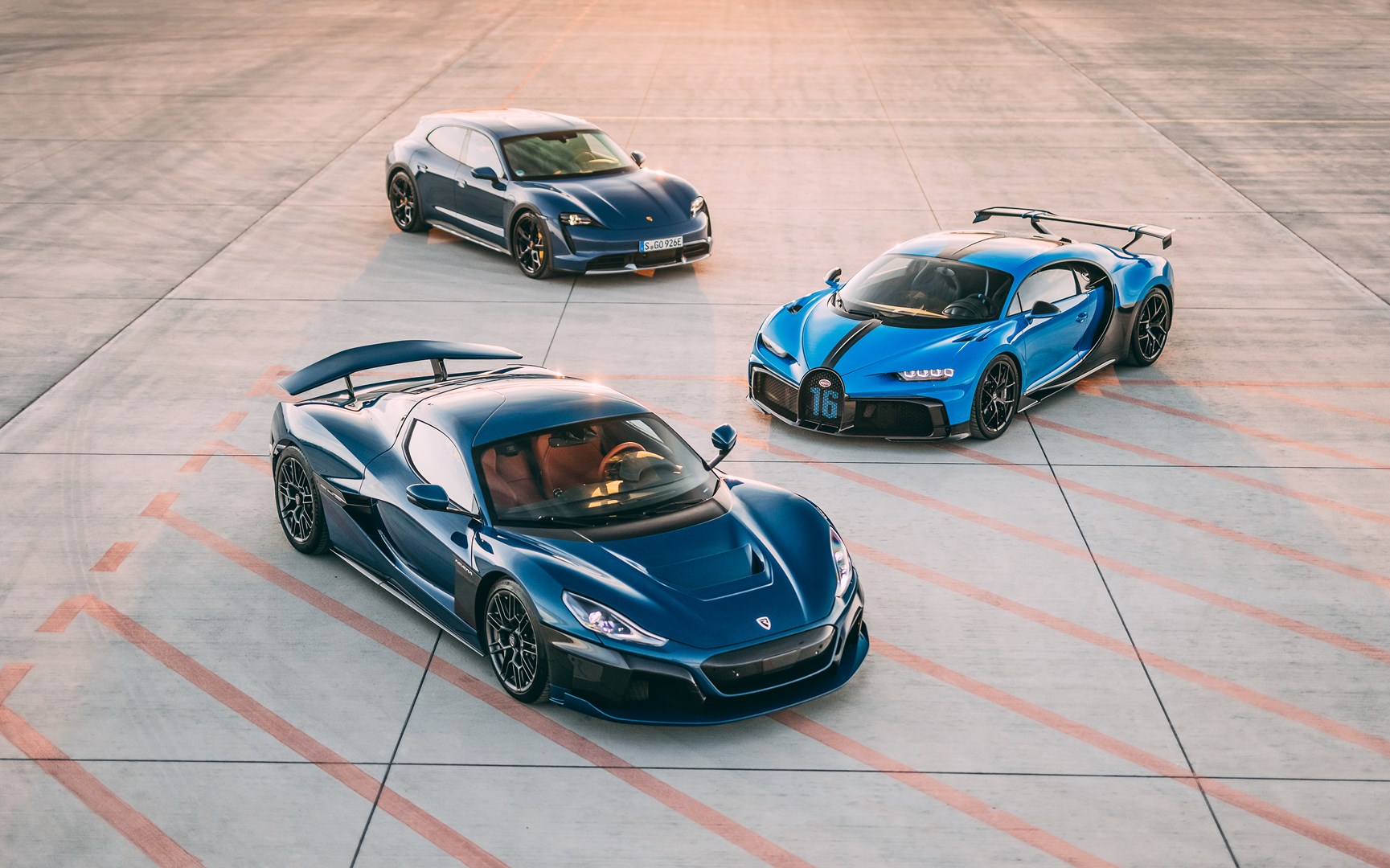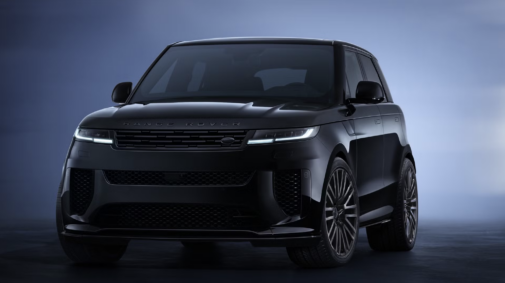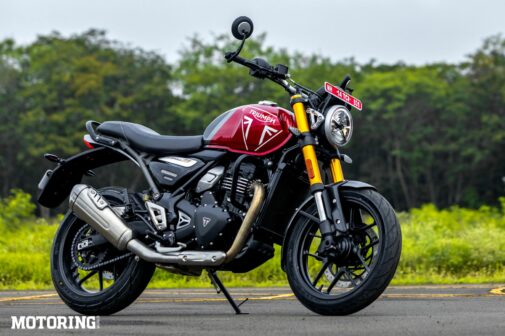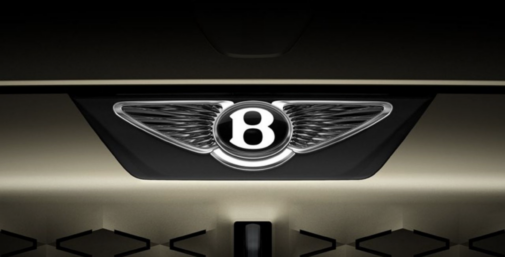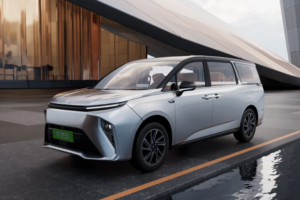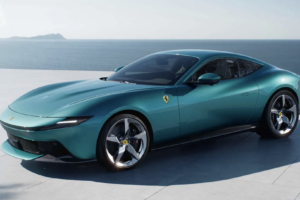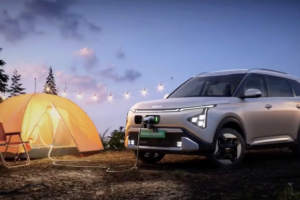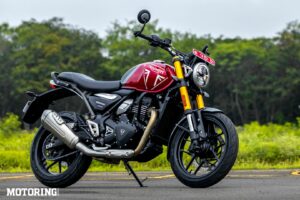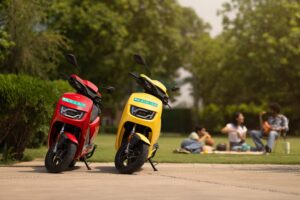Well well well, how the turntables… erm, never mind. Remember when everyone was shouting from their rooftops about EVs being the future? It seems as if those very same people might have to eat their words back. Rimac Automobili, the Croatian car maker recently said the demand for electric hypercars is lesser than it expected.
The Nevera hypercar (yes, that near 2000-bhp EV), which was produced back in 2021 is actually still available. According to reports, Rimac has not sold all 150 units of the electric hypercar yet. The car maker says this is due to electric vehicles ‘becoming mainstream’ in the mass-market segment. Turns out, customers at the luxury end of things are sticking to combustion engines, as demand for electric hypercars has fallen according to Rimac.
Mate Rimac, CEO, Rimac-Bugatti, was even quoted saying ‘Rimac isn’t exclusively electric; it’s doing whatever is most exciting at the time. Some of you may remember Rimac acquired Bugatti back in 2021. A Chiron successor is due in June this year, with a newly-developed V16 hybrid powertrain. You can hear the engine roaring to life by hitting this link.
So, what does all of this mean for Rimac? Its next hypercar is unlikely to be a battery-powered EV. Perhaps it could use the same powertrain from the Chiron successor, albeit with certain adjustments to honour the differentiation between both brands.
What’s interesting though, is that Mercedes-Benz and Aston Martin have also altered their approach for the future. Mercedes-Benz has reversed its decision of becoming an all-electric brand by 2030, while Aston Martin is developing a new V12 for the upcoming Vantage, and is also investing in plug-in hybrid powertrains. There is also some news about Fiat developing a plug-in hybrid version of the 500e as well. All of the mentioned manufacturers have claimed it is due to a slowdown in demand for EVs. Even Dodge had to bring gas back to its so-called electric-only Charger; the new model will get an inline six-cylinder, 3.0-litre powertrain in 2025.
This just goes to show one must never force an idea to customers, right?





